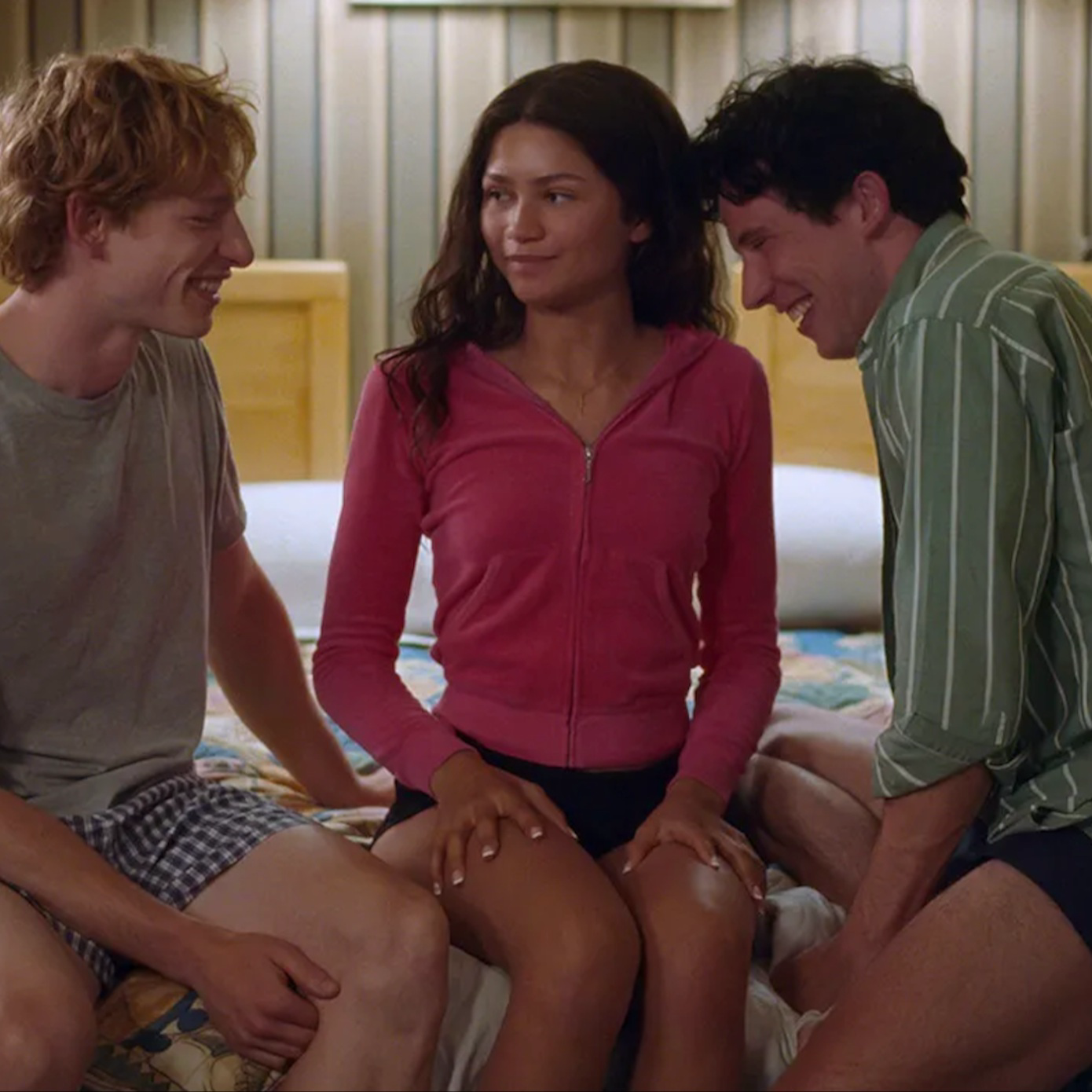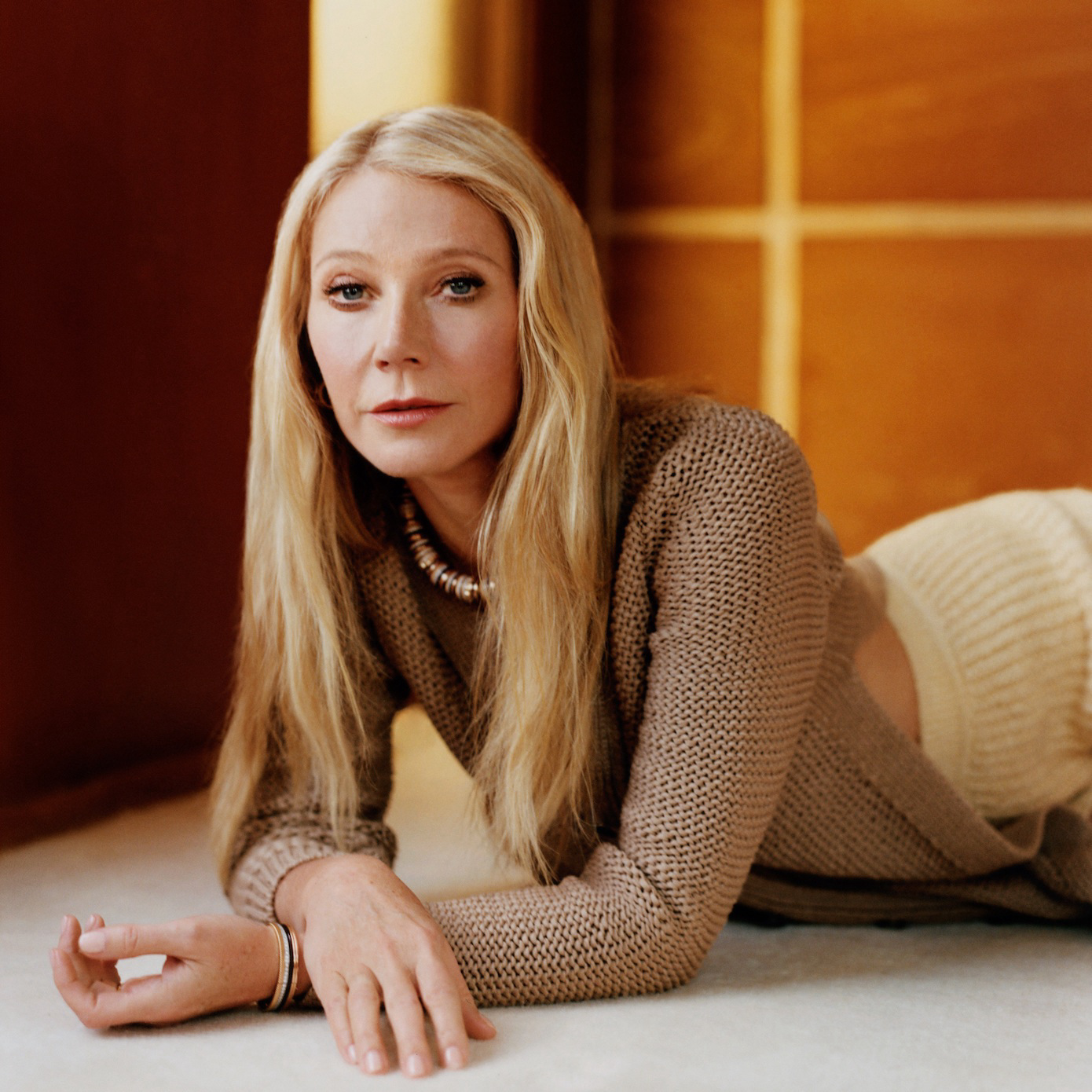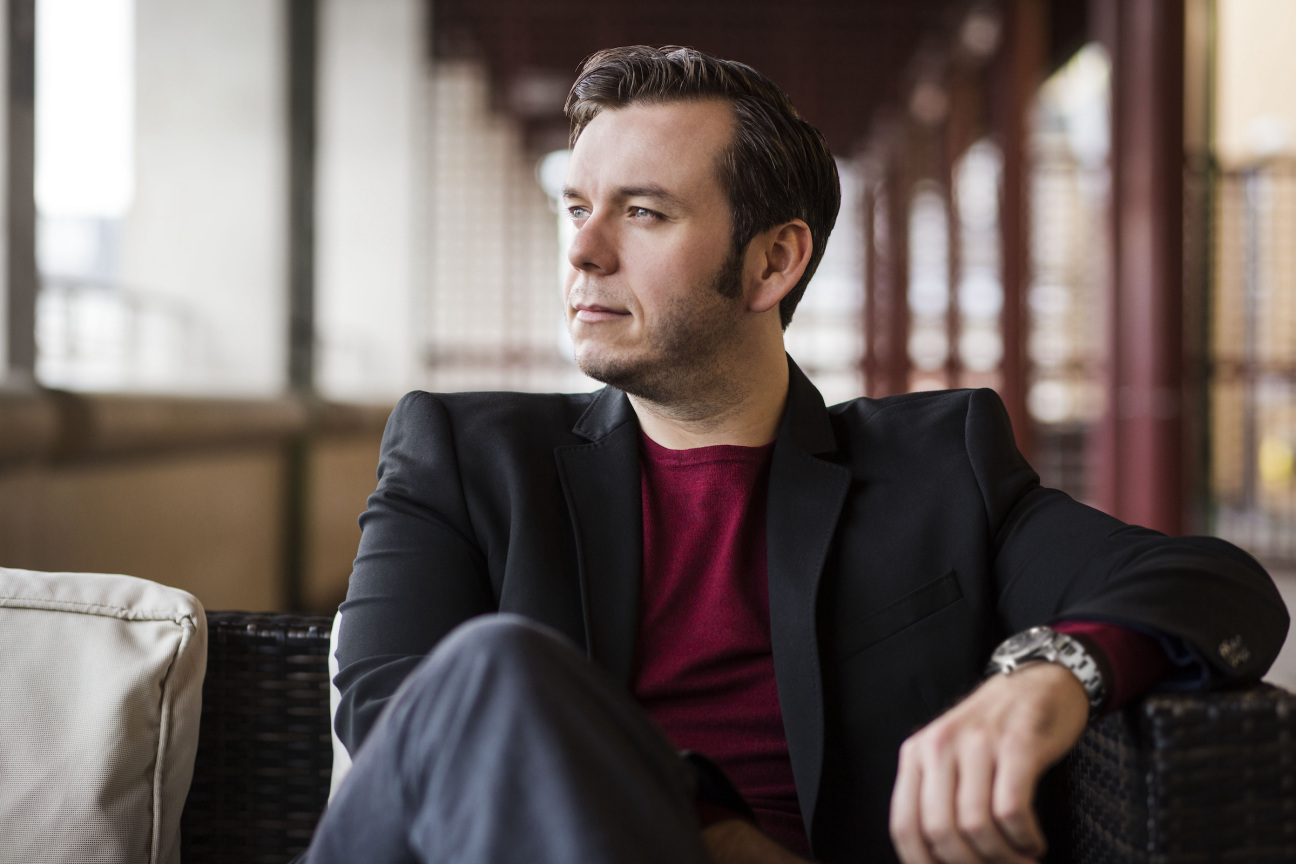
The show is Charles Gounod’s Roméo et Juliette. Every opera patron sits down with expectations in tow. The curtain and prolific tenor Benjamin Bernheim rise to surpass them night after night. In person, Bernheim is humble about his myriad accomplishments—as Roméo and on the opera circuit. He radiates with the soft power of a talent who has found their time. Off stage, Bernheim trades Romeo’s ruffled shirt for a Rolex and a vaguely European-coded sweater. Bernheim is indeed European (French-Swiss to be precise), but he’s not bound to the continent, or any place in particular. The tenor travels the world with his voice—working at Staatsoper Berlin, the Royal Opera House, and the Metropolitan Opera, among other paragons of excellence.
In this way and many others, Bernheim’s life resembles that of a professional athlete—a connection that comes across in the polished vibe he imparts, the precision of his posture, and the finesse of his answers. After a night of watching him sing to his untimely demise as Roméo, ensconced in the red velvet romance of a parterre box, it was hard to believe the same Bernheim was ready to speak with me after belting to the rafters all evening long.
He’s a natural ambassador for his craft and its munificent patron, Rolex, who supported Bernheim before he became a show-headlining star. And his innate sense of timing ticked in my head long after our conversation below.
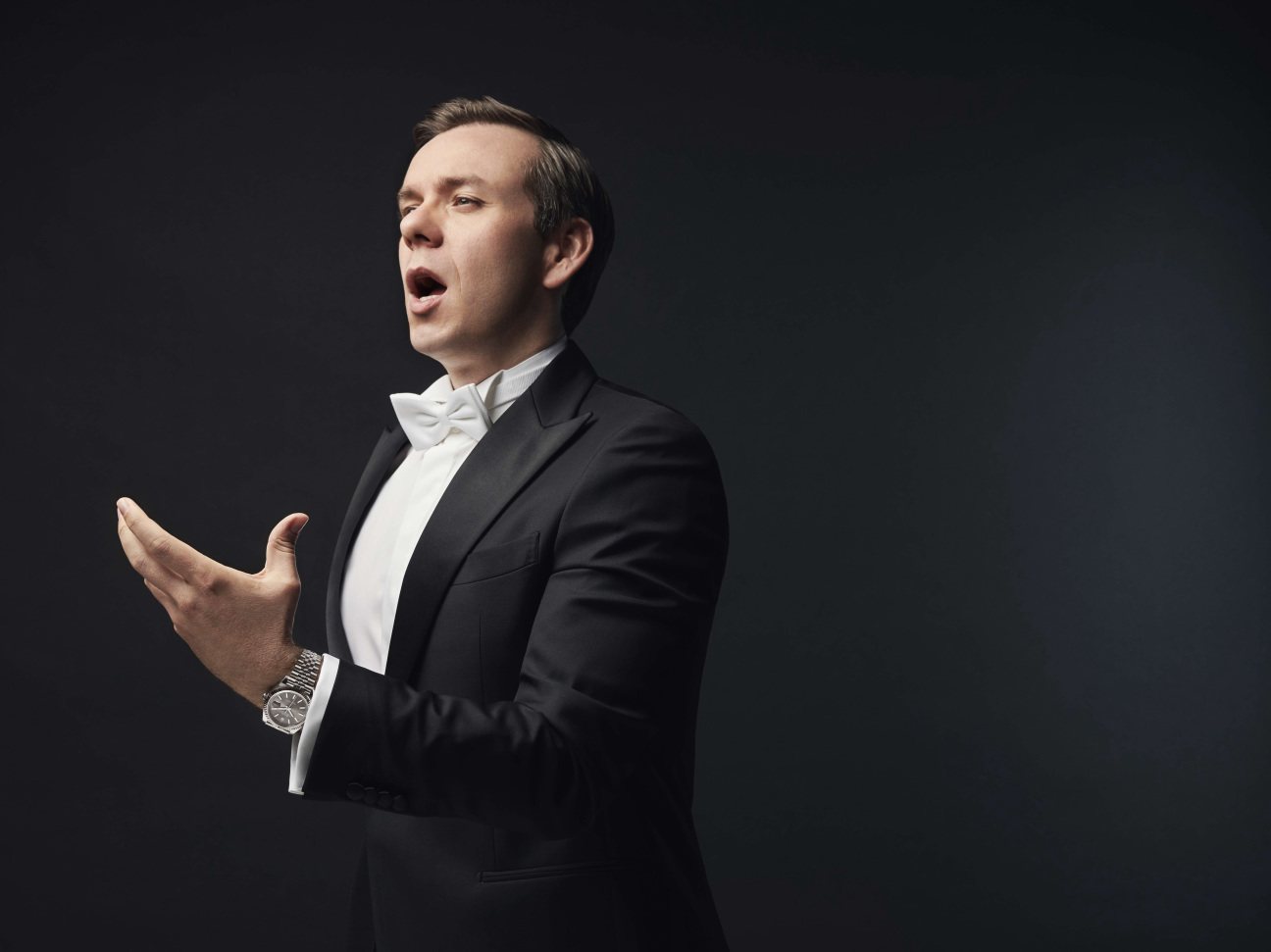
Kat Herriman: We were talking last night about Rolex supporting both the opera and extreme sports and that maybe there is a connection there. You singers are athletes of the voice.
Benjamin Bernheim: Psychologically we are all athletes, and we have to go through a tunnel of focusing and performing. I do a lot of sports too, so I'm really into that.
Herriman: So much of an athlete’s discipline is built around rituals and how one splits the day. Do you have specific routines or ways you manage your time?
Bernheim: Actually, there was a team at the Met yesterday that was following me before the show to see my routine. Part of my routine is very intense; there are a lot of people around me for the makeup, the hair, the costume. There are 10 people in this small dressing room. And then there’s also this moment where I go on stage an hour before the show. Then there’s no one. No one in the auditorium, no one on stage—just the sets and the lights and a moment of pure silence. It's a meditation, the calm before the storm. I stay there for five to ten minutes, to enjoy this silence.
Herriman: I wanted to ask you about preparation. How does one summon and channel all these big feelings and then let them go again?
Bernheim: This is something you get used to. You have to love what you're doing and what you're singing. French opera is really my specialty now, and this is also why I'm brought in places to sing Hoffman, des Grieux, Emmanuel, and Roméo. I love these operas, and I can really channel my energy and my emotions through them in a very personal way because I find myself in a bit of all of these.
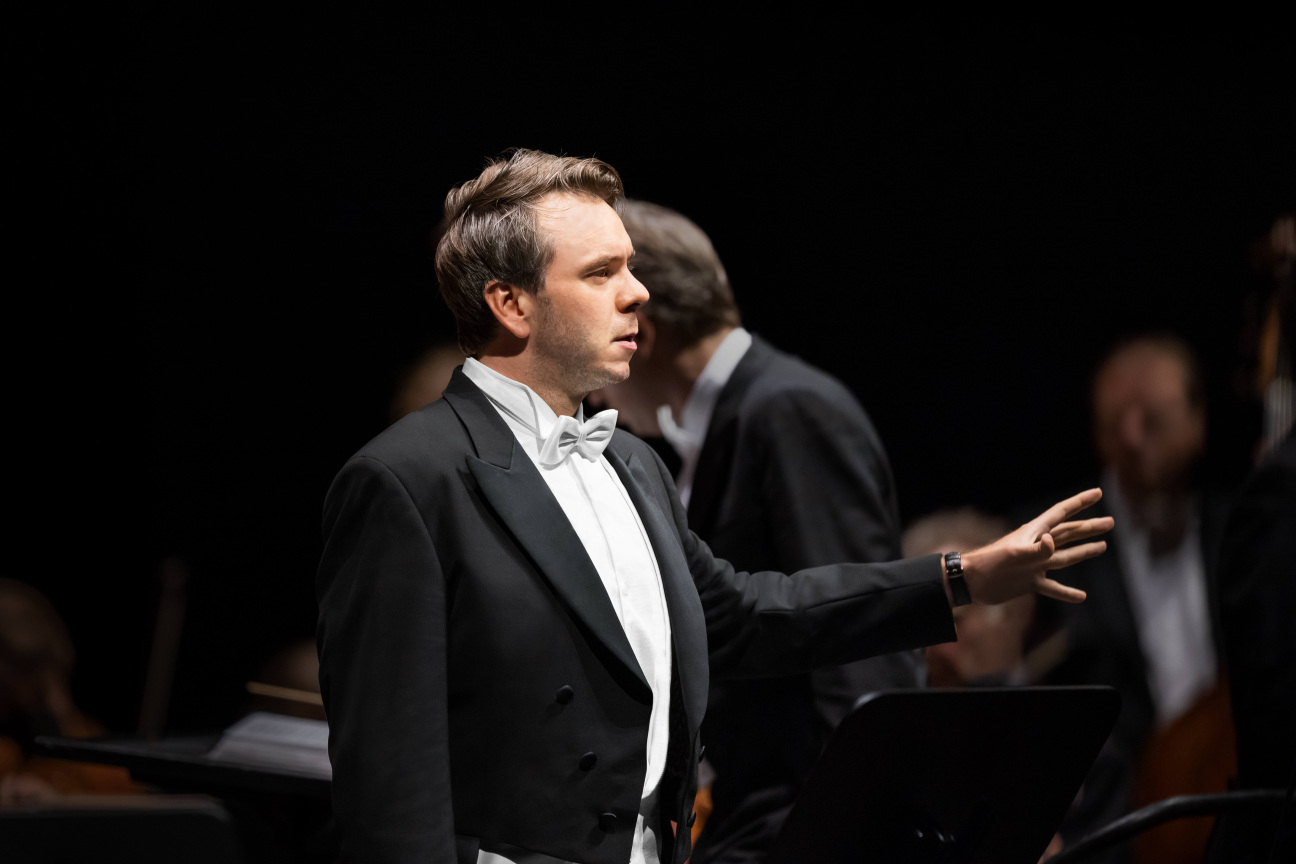
Herriman: How devoted are you to Roméo as a character? Is he a favorite of yours to play?
Bernheim: Not particularly. Roméo is supposed to be 16 or 17. When I think of des Grieux in Manon Lescaut, or Hoffman [in Les Contes d’Hoffman], they’re going from 22 to 40 years old in the whole opera. It's much easier for me to relate to those characters. There’s a moment in your career where you feel like, Okay, I can't be 16 anymore, but I still feel this energy in me and in the freshness of my voice. We've all been young and stupid teenagers falling in love for the good or the bad reasons.
Herriman: How long will you play Roméo?
Bernheim: As long as my voice can carry these colors, this freshness of the sound, because an opera is not a creation, it was already created. It’s a Formula One circuit: pre-written, pre-defined, all the curves. You have a picture of all of it. What you don't control is if you slept well, if it's raining, if it's dry… It's all these parameters you don't control, and this is where you actually have to be in the moment. Psychologically, being in this moment of being able to carve your voice in this music and make the color special, whether it's alone or with your partners on stage, is a challenge that is never reached. You can always aim for perfection, but it doesn't exist.
Herriman: There's a feeling on stage when accomplishments build up in a performance, that the whole stage is riding a wave of momentum. I guess more simply is there ever a sense as a group that you are winning ?
Bernheim: It does, but the thing is, with opera, we already know how it's going to end. What we have sometimes is the feeling that tonight was heavy, hard, slower. We had difficulties to “blend.” Then there are some performances—we don't understand why—where it's just floating, and everything works so well. I don't think there is an explanation to that. I think it's a coincidence. Sometimes, when you have a run of seven or 10 performances, there is a moment where you get tired.
Herriman: How do you fight through that drag?
Bernheim: You remember, when you were a kid, when it was the first time. You never fell in love before, you never met Juliet before, you never sang before. These parameters make you feel like you can create something very special. Every performance is different. There are performances where there’s this special sparkle in the air that makes it just, wow. That's the magic of opera.
Herriman: My friend who has seen a lot more operas told me that I would be lucky if I saw two really insane operas in my life.
Bernheim: Some people search for that for all their lives. My friend in Zurich is a lawyer, too, and he goes to the opera four times a week. He travels to Vienna, Paris, everywhere. He's crazy about Anna Netrebko, Elīna Garanča, and these big stars. He's always searching for the special one. He says it only happens three or four times a year.
Herriman: Last night, I was also thinking about Roméo et Juliette as a narrative we all know instinctually, whether it's through West Side Story or Shakespeare, and how that makes it both more difficult and exciting to make people get something out it they didn’t expect.
Bernheim: It’s one of the stories that existed before the story existed—the impossible love between two people coming from two countries or two families. Today more than ever we have this under our nose.
Herriman: I agree. Opera feels like a space for the archaic and the essential.
Bernheim: This is what we bring to the stage: these stories that were composed more than a hundred years ago before electricity, before the Internet, before so many things. We are still performing them because they speak to us. It's a mirror of our condition.
Herriman: Opera has this very luxurious relationship to time. I find that people who have professions that look back into the past tend to have this ability to stretch time by giving it context. Knowing history gives one freedom in the moment. Rolex and you maybe share that in common.
Bernheim: I totally feel that way. Rolex is the only brand that is known for supporting the opera like this. Not only supporting the artists, but also the institutions. The institutions are even more important because they existed before us, and they will exist after us.
Herriman: What’s interesting about the opera and Rolex is that they are both institutions–which means they are not only rich in time but people as well.
Bernheim: It's a huge boon to have the support from Rolex. There is this shared sense of precision and the devotion it takes to put together something cohesive with all these smaller parts. In the end, this is what you see, whether it's a watch face or an opera. Under it, there is a whole build-up of months of work. The savoir-faire of the simple technician that has to push a button but the precision is capital. This is what we don't see when you go see a performance.
The second the conductor enters the pit for us is moment zero. It's the same when you see a watch. If you're curious, you want to know how it's made, who does what, and since when. The same is true at Rolex. One hundred percent of the watches are made by Rolex. Everything you see is a savoir-faire of a team working together in precise unison. You’d be surprised if you peeked behind the curtain at how many people it takes to tell a simple love story, or build a watch.

